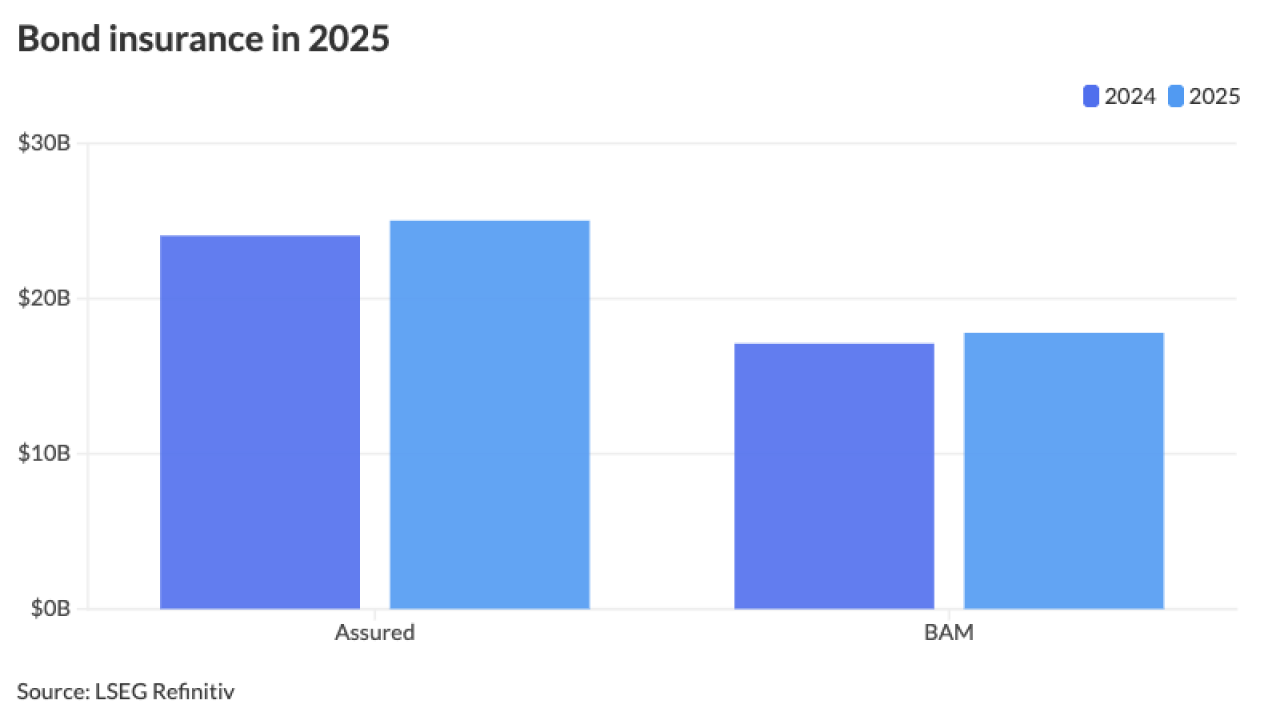Most state officials are upbeat about the economy despite the apparent thinning out of the fat surpluses sitting in general funds and reserves, though the looming debt ceiling and prospect of a U.S. default is casting a pall over some of that optimism.
That was a major theme struck by analysts and other stakeholders during a Thursday panel discussion hosted by the Volcker Alliance and the Penn Institute for Urban Research. The event was co-moderated by William Glasgall, senior director of public finance, Volcker Alliance, and Susan Wachter, co-director, Penn IUR.
Eric Kim, senior director, Fitch Ratings wasted no time identifying the elephant in the room. "Could everything go south? Sure," he said. "If the debt ceiling gets out of control and the United States government fails to pay its bills or send out social security checks this summer, but that's not our base case."

The budget officers painted a mostly upbeat picture showing little concern for an economic slowdown. "I'm more optimistic about the ability of states to weather a recession than any recession in our memory," said Shelby Kerns, executive director, National Association of State Budget Officers.
Kerns backed up her optimism by citing NASBO numbers that show state general fund revenues growing over 14% in fiscal 2022, and over 16% in fiscal 2021. Factoring inflation in showed a 12.7% uptick in fiscal 2021 and 5.8% in fiscal 2022.
Kearns also highlighted an escalation of state reserves funds, which prior to the Financial Crisis hovered around 5% of general funding levels. She pegs current reserves for the states at over 12%. Some states are using the extra cash to pay down debt and fund capital projects.
Infrastructure projects devoted to stormwater management continue to attract attention. "In this budget set aside for infrastructure matches we've held out some just for small jurisdictions that need support," said Lauren Larson, director, Colorado Governor's Office of State Planning and Budgeting. "It's a lot of work."
The revenue growth has many states including Colorado
Fitch is tracking 31 states tinkering with tax policy changes that includes one-time rebates, expanded exemptions, or in the case of Mississippi and North Dakota, a total elimination.
New York and California stand as potential harbingers of bad financial news on the horizon as Kim pointed at slowing growth. New York is taking the hit partially from a loss of bonuses on Wall Street while California is struggling from big-tech troubles.
California is also getting squeezed by a state constitution that requires a balanced budget by July 1 and a deficit that's estimated between $18 and $25 billion. The proposed solutions include cost shifts and spending cuts which could include mass transit projects.
The state is also
"If after solving the level of deficit and we estimate the problem has gotten worse or the economy has gone into a recession. We would say that is really the time to consider using reserves" said Gabriel Petek, legislative analyst, State of California.
A recent Fitch analysis drills down into individual sectors affecting the muni market including transportation which is stable. U.S. Public Power and Electric Co-Ops are seen as deteriorating due to inflation, higher natural gas costs, and slower economic growth. The forecast for the U.S. Water and Sewer outlook is also on the downswing for the same reasons plus higher costs for chemicals, labor, and power.





